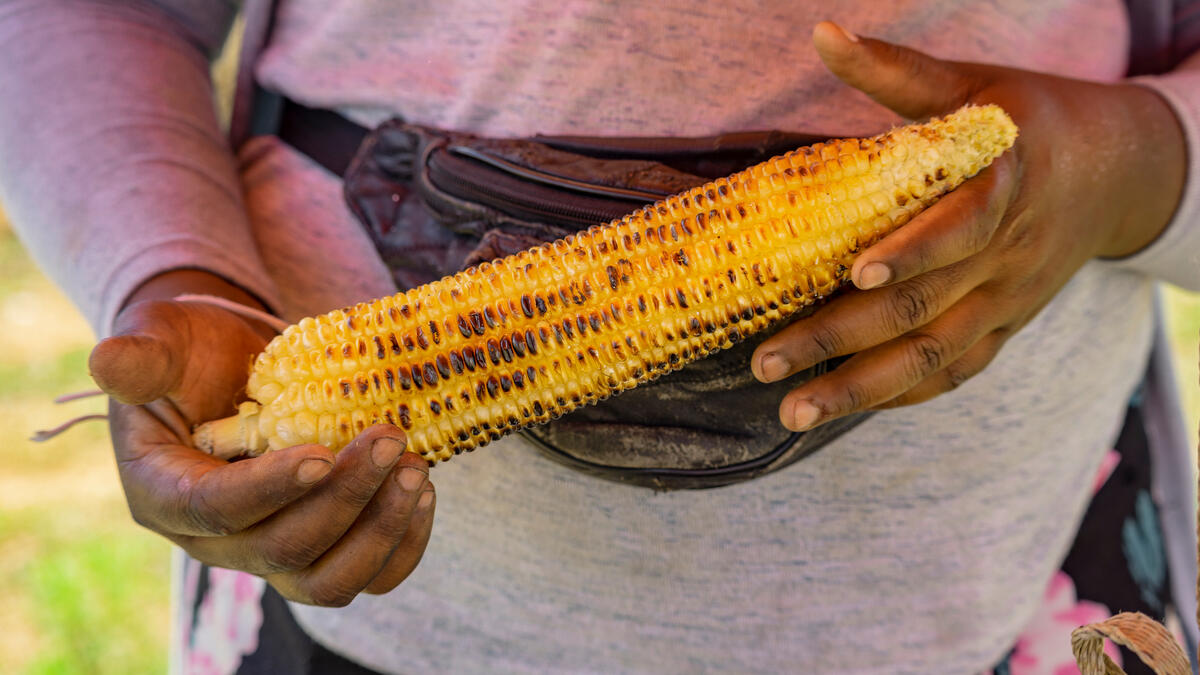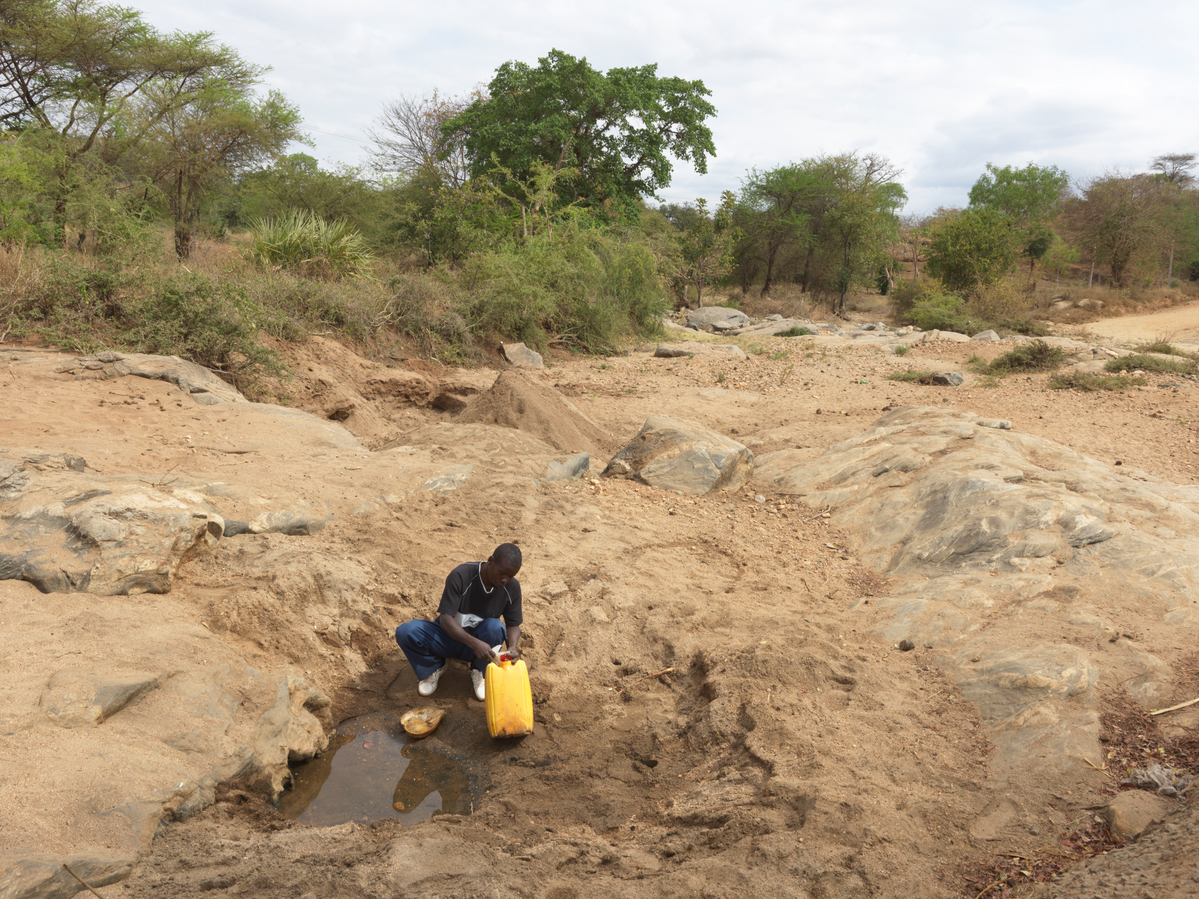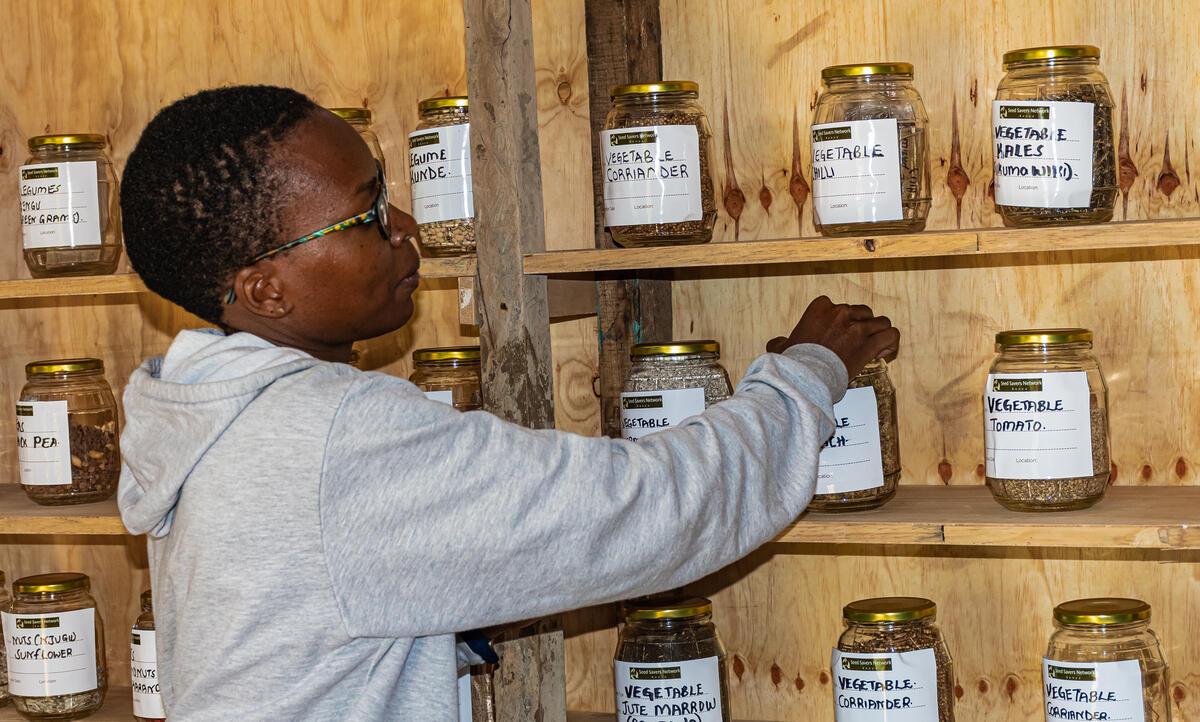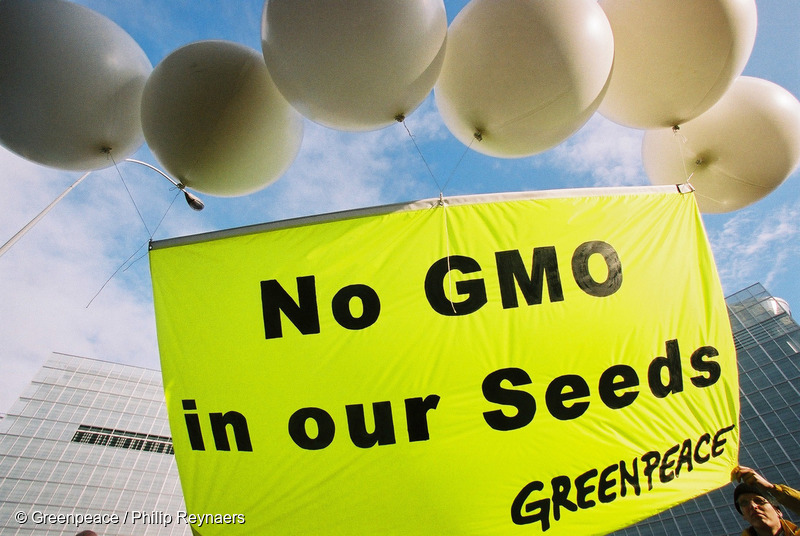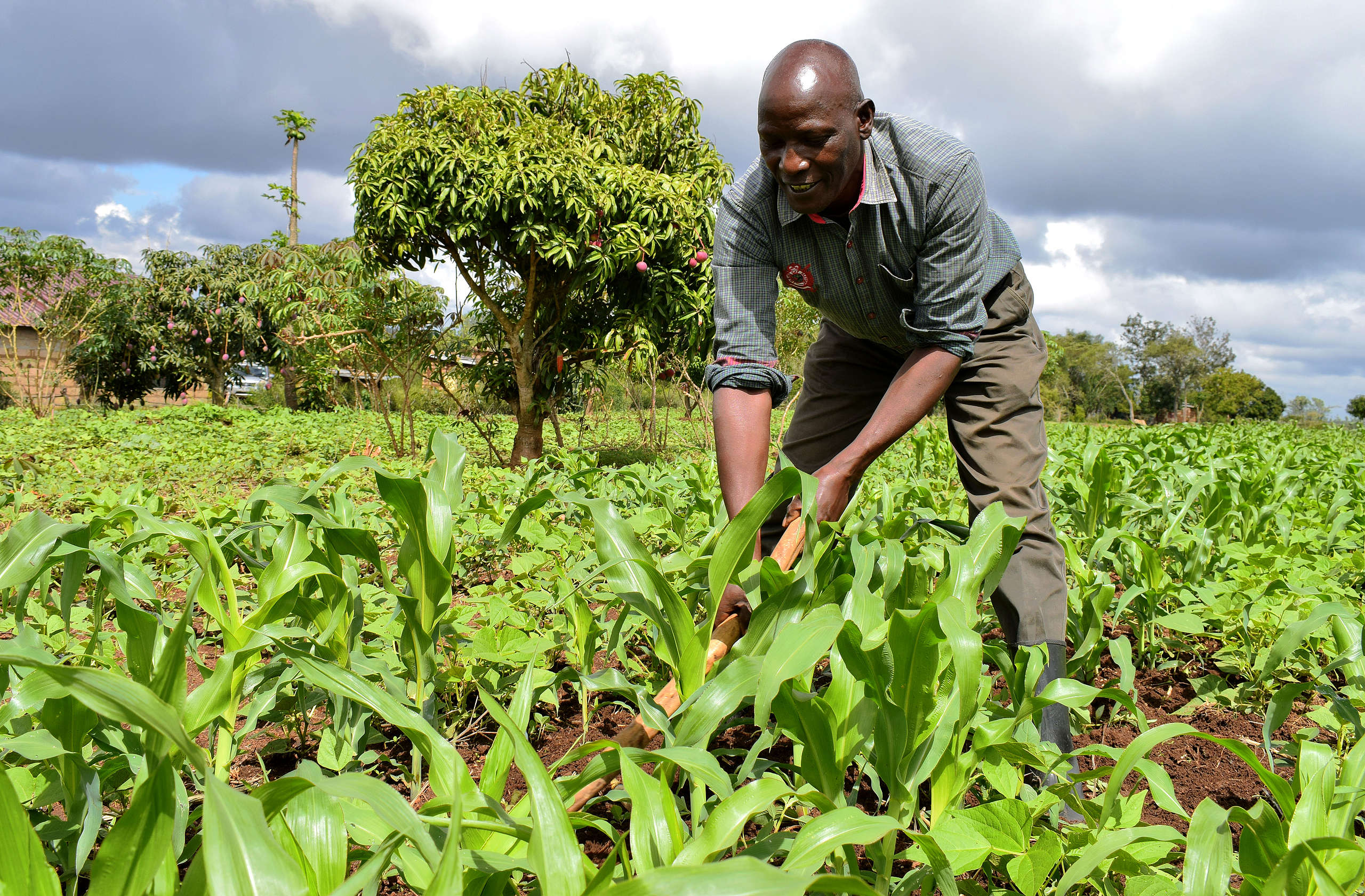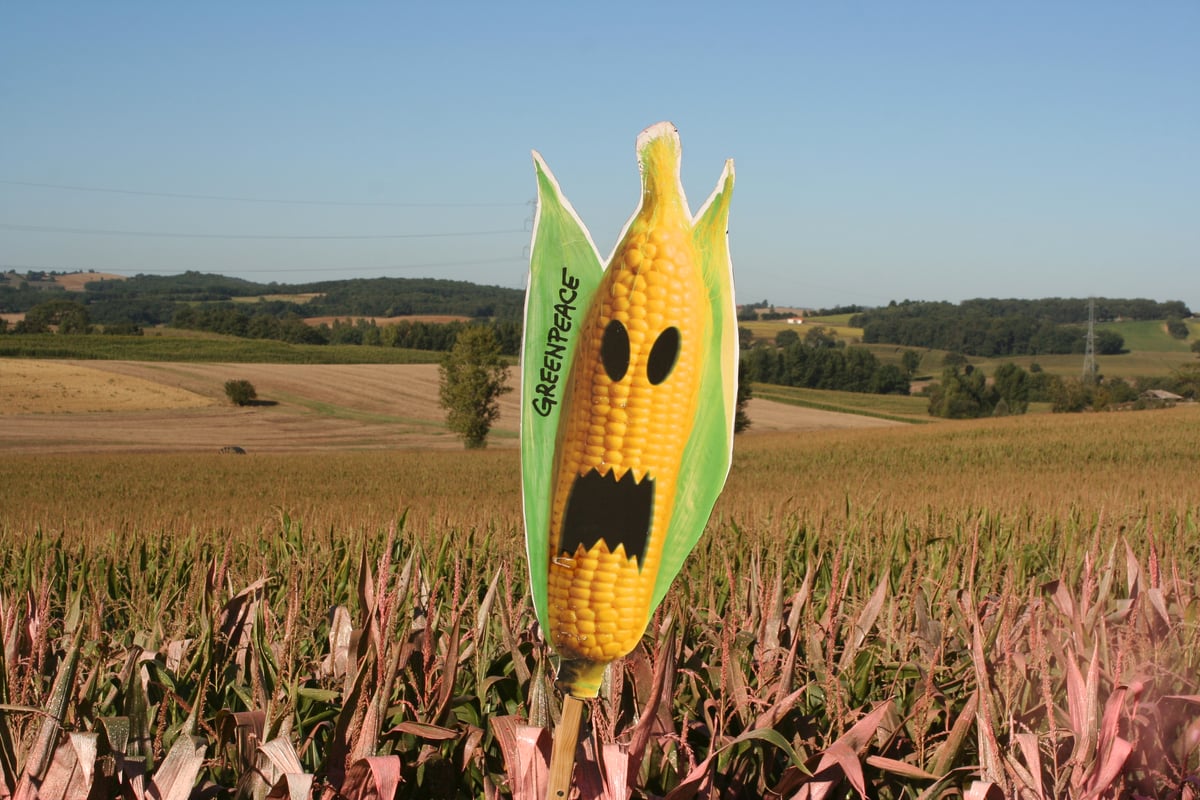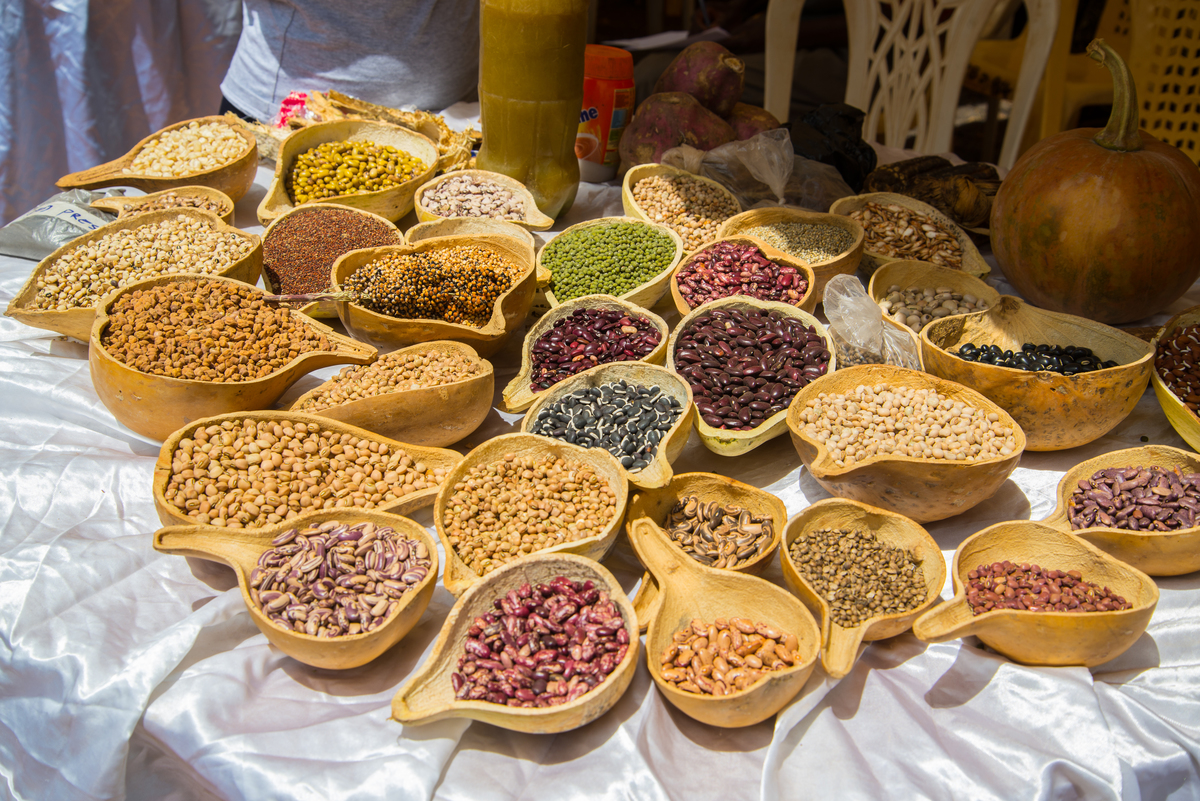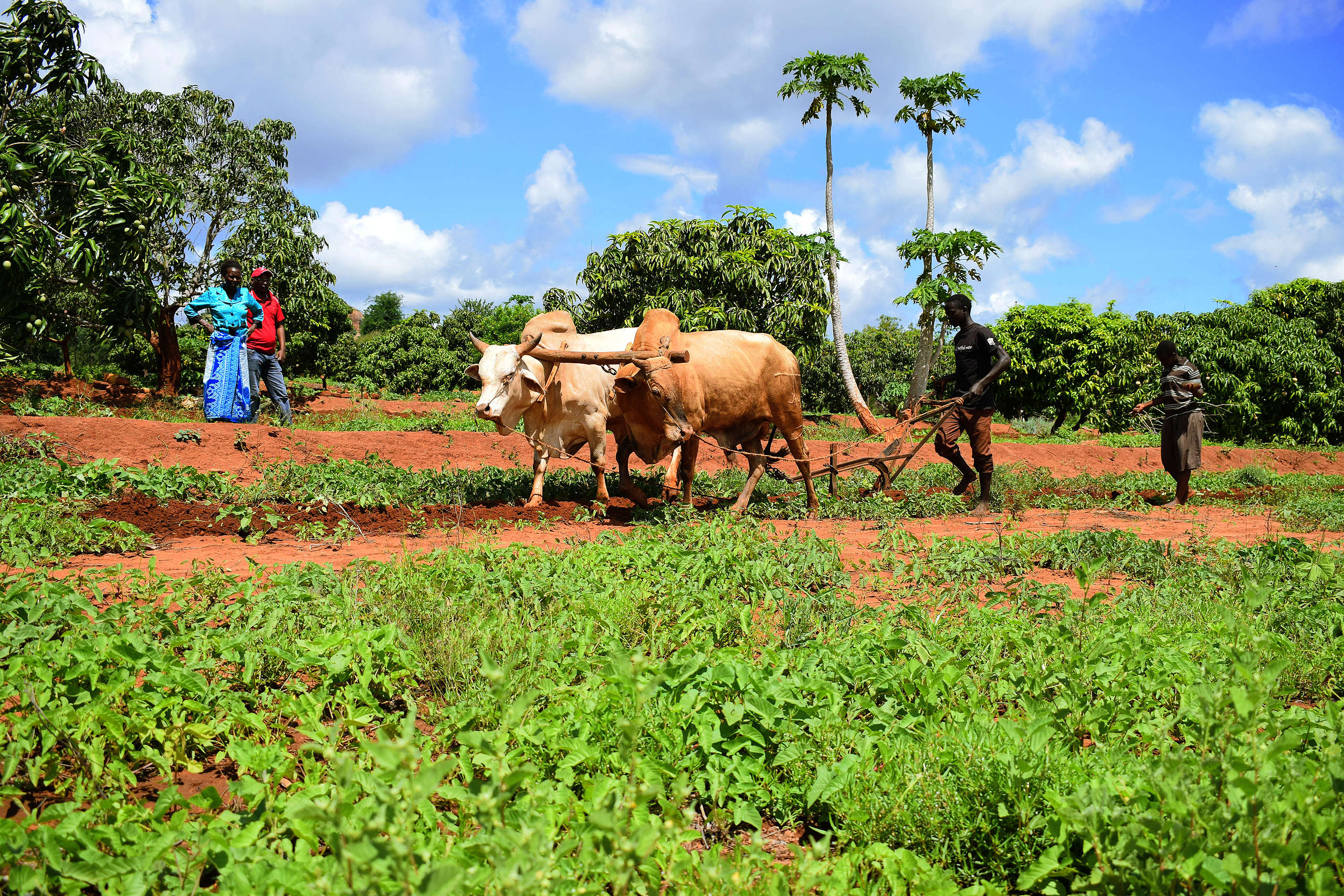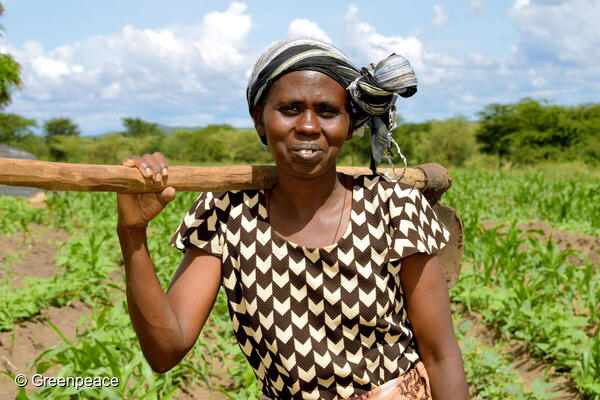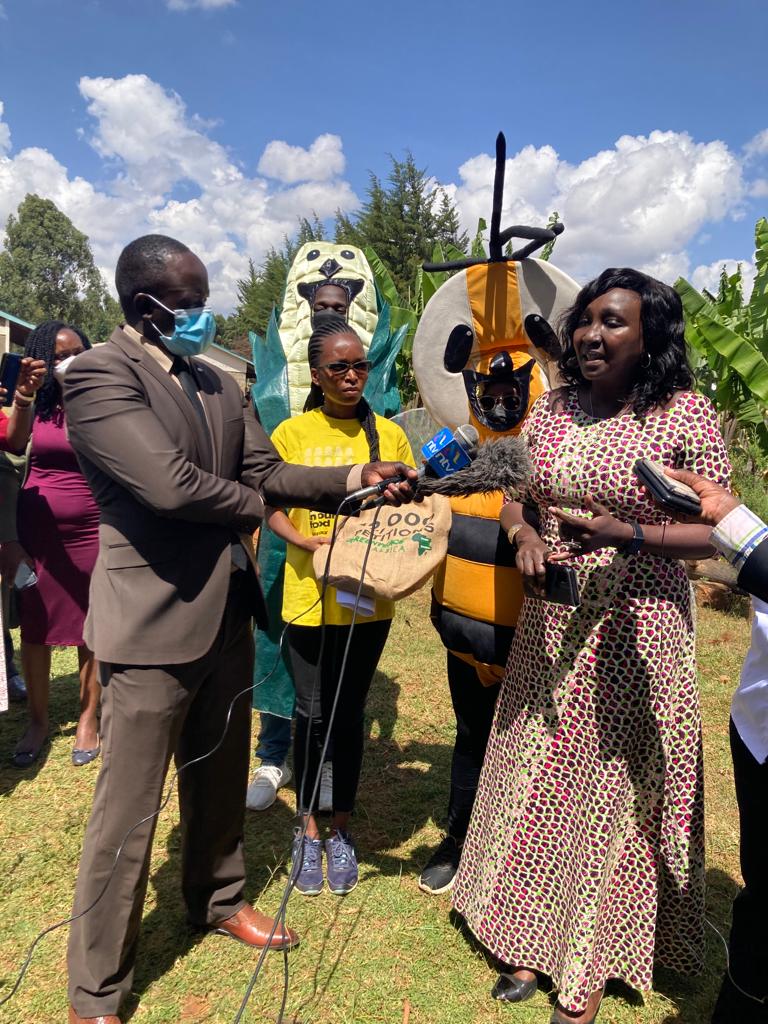All articles
-
Leasing land to grow maize in Zambia; a slap on Kenyan farmers’ face: Greenpeace
Despite concerns raised by industry players over the move by Kenya’s ministry of Agriculture to grow maize in Zambia, Agriculture CS, Mithika Linturi has formally made known his ministry’s intention to continue with the plan to secure 20,000 hectares of land for large-scale growing of maize in the Southern Africa nation.
-
Prayers and Bags of Maize Won’t End Hunger and Drought in Kenya
Kenya ranks 94th among 121 countries according to the latest Global Hunger Index Report. This puts Kenya among the hungriest countries in the world. The number of Kenyans facing starvation has risen from 4.2 million to 6 million.
-
Case on Punitive Seed Laws Mentioned in Court
Nairobi, 16 November 2022 – A public interest litigation filed by 15 farmers representing many other smallholder farmers across the country calling for an amendment of punitive seed laws has been mentioned before the Machakos law courts today.
-
GMOs: A neo-colonial technology undermining food and seed sovereignty in Kenya
Kenya has lifted its 10 year ban on Genetically Modified Organisms (GMOs). The World Health Organisation (WHO) defines GMOs as organisms (plants, animals or microorganisms) whose genetic material (DNA) has been altered in a way that does not occur naturally through mating and/or natural recombination.
-
Food Security and Sovereignty Lies in Farmers Breeding Their Own Seeds: Greenpeace
Nairobi, 13 October 2022: Ahead of World Food Day, Greenpeace Africa has urged President Ruto to take concrete action to free Kenya’s food system from profit driven corporations that have…
-
GMOs: A neo-colonial technology undermining food and seed sovereignty in Kenya
Kenya has lifted its 10 year ban on Genetically Modified Organisms (GMOs). The World Health Organisation (WHO) defines GMOs as organisms (plants, animals or microorganisms) whose genetic material (DNA) has been altered in a way that does not occur naturally through mating and/or natural recombination.
-
3 African activists protecting food rights against Big Agriculture
News of smallholder farmers across Kenya standing up to unconstitutional laws prohibiting them from sharing, exchanging or selling uncertified and unregistered seeds is but the latest legal battle on the African continent aiming to protect the rights of local communities and customs.
-
Whose interest does the Kenyan seeds law protect?
Seed is the source of life. It is critical in food production, nutrition, agricultural development, rural livelihoods and agrobiodiversity. Farmers across the globe have saved and exchanged indigenous seeds freely, for centuries. Seed sharing forms the culture and tradition of many communities and it has been key in sustaining local farming communities and livelihoods for…
-
Call for action: Remove harmful pesticides from Kenya
Nairobi, Kenya 25, November 2021: Today, over 12,000 Kenyans have demanded for the removal of toxic pesticides in the country through signing a public petition, No More Poison In Our Food, by Greenpeace Africa and submitted to the Uasin Gishu Woman Representative, Hon Gladys Boss Shollei.

